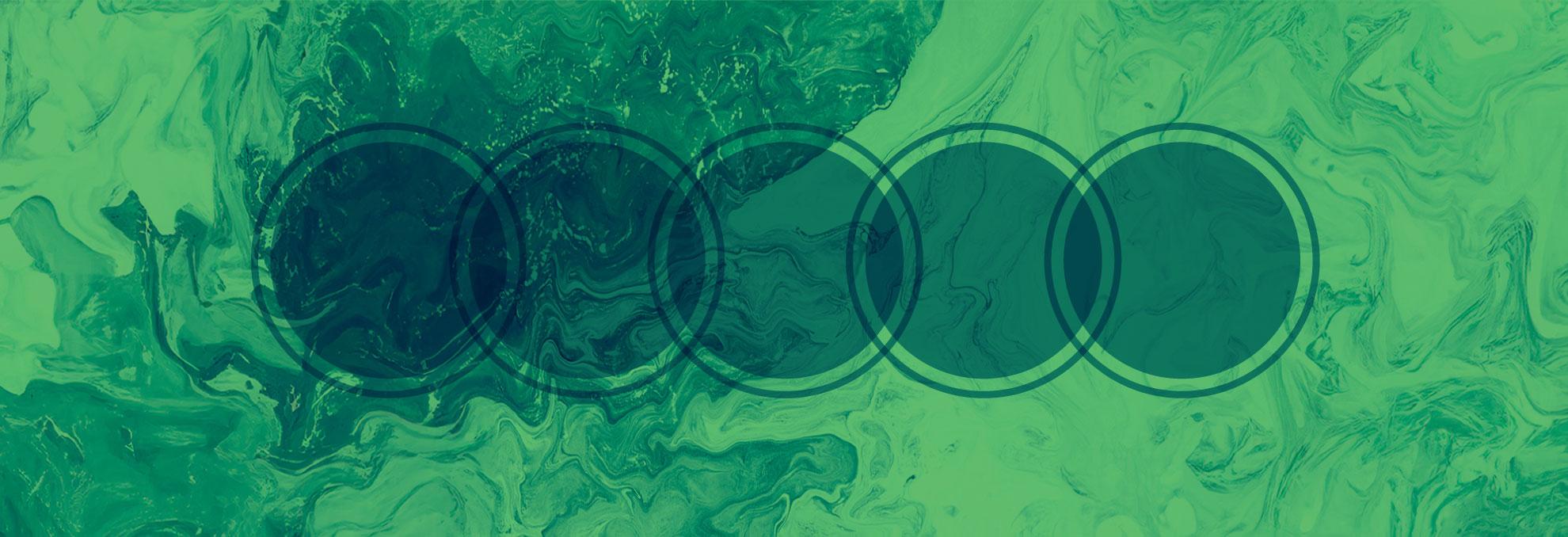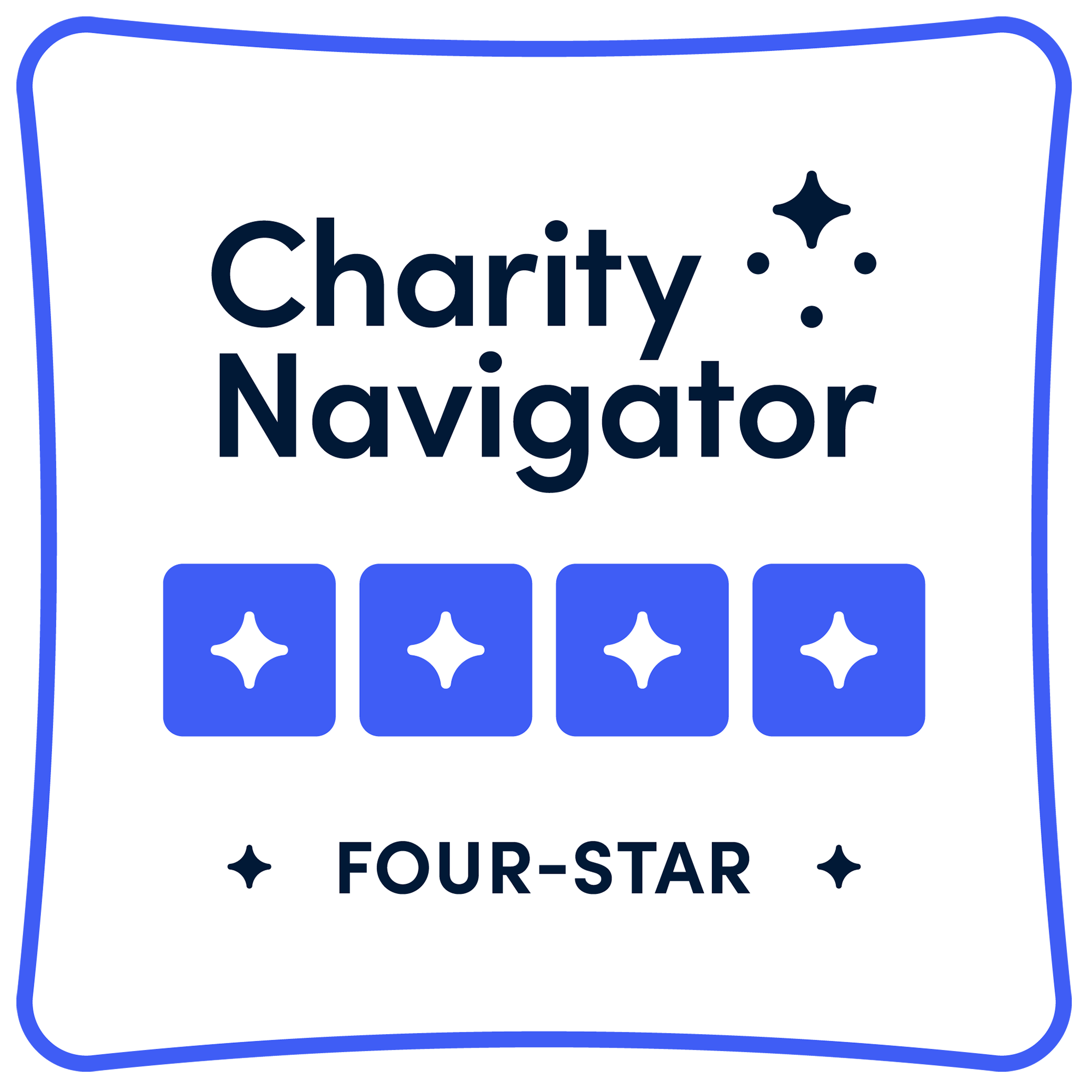October 10th is World Mental Health Day and an opportune time to point out that in our culture, the vast majority of mental health services go to our community members with the most financial resources. Counseling, therapy, and psychiatric services are costly and largely out of reach for many poor and disenfranchised people in need. This is certainly true among the unhoused people served by LifeMoves. They often have had no access to the wide array of services availed to households with more financial means.
This is important because untreated mental illness is insidious. Like other chronic healthcare conditions, depression, anxiety, and other stress disorders (like post-traumatic stress disorder, or PTSD), when left untreated for many years, becomes almost entrenched in the human condition. Mental illness is best treated early and aggressively. And of course, this includes substance use disorders. When young people develop a problem with alcohol or illicit drugs, we want to treat it early and with intention. It’s important to remember that addiction is a treatable brain disease like other mental health challenges. Homelessness is challenging for everyone, especially those struggling with emotional disorders.
Because access to mental health care is especially inaccessible to the unhoused and because mental illness is very treatable, LifeMoves operates one of the largest mental health training programs for graduate students in the Bay Area. Each year, LifeMoves recruits and trains over 35 masters of social work and psychology graduate students from a wide range of local and national universities.
These students provide critical free care mental health care throughout our system. In addition to providing individual therapy, interns provide couples and family therapy, as well as therapeutic services to children. LifeMoves serves a diverse population, including U.S. Veterans, women leaving abusive relationships, the LGBTQ+ community, older adults, and young adults aging out of foster care, among other vulnerable populations. And of course, as our interns provide services to these populations, we are also readying the next generation of professionals to provide services to these vulnerable communities.
A small but dedicated crew of psychologists and social workers manages our intern program. Their work, the work of our students, and most importantly, the work of the clients we serve gives us real cause to acknowledge the challenges many face and the potential for humans to heal and change.
World Mental Health Day dates back to 1992 and is celebrated in 150 different countries. As we look for ways to develop a deeper sense of empathy and connection with our lives here and the greater global community, an awareness of the commonality of mental health challenges can be comforting and a call to action. If you’d like to learn more about the LifeMoves mental health training program, please let us know.
Learn more about how are partners are strengthening the pipeline of mental health providers.
Stay Connected!
Receive stories of hope and transformation from LifeMoves.
By joining our list, you agree to receive informative emails and mailings about LifeMoves.



